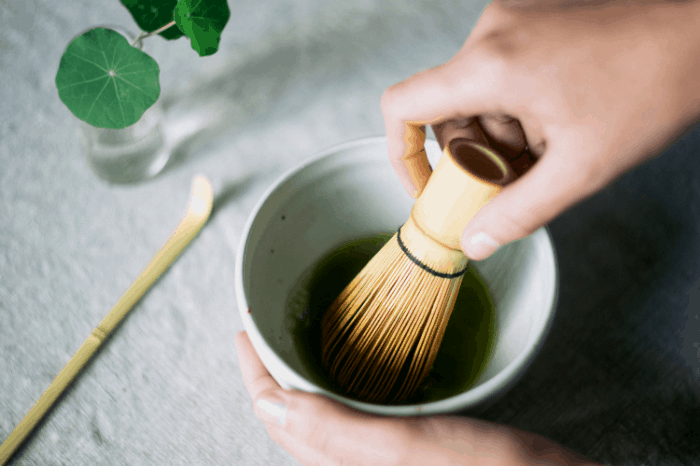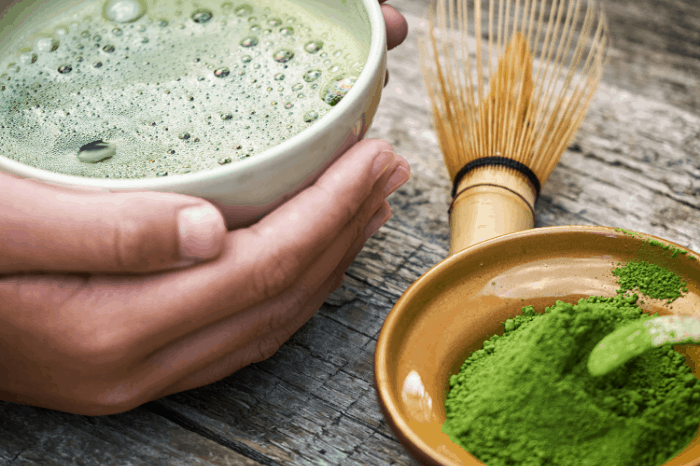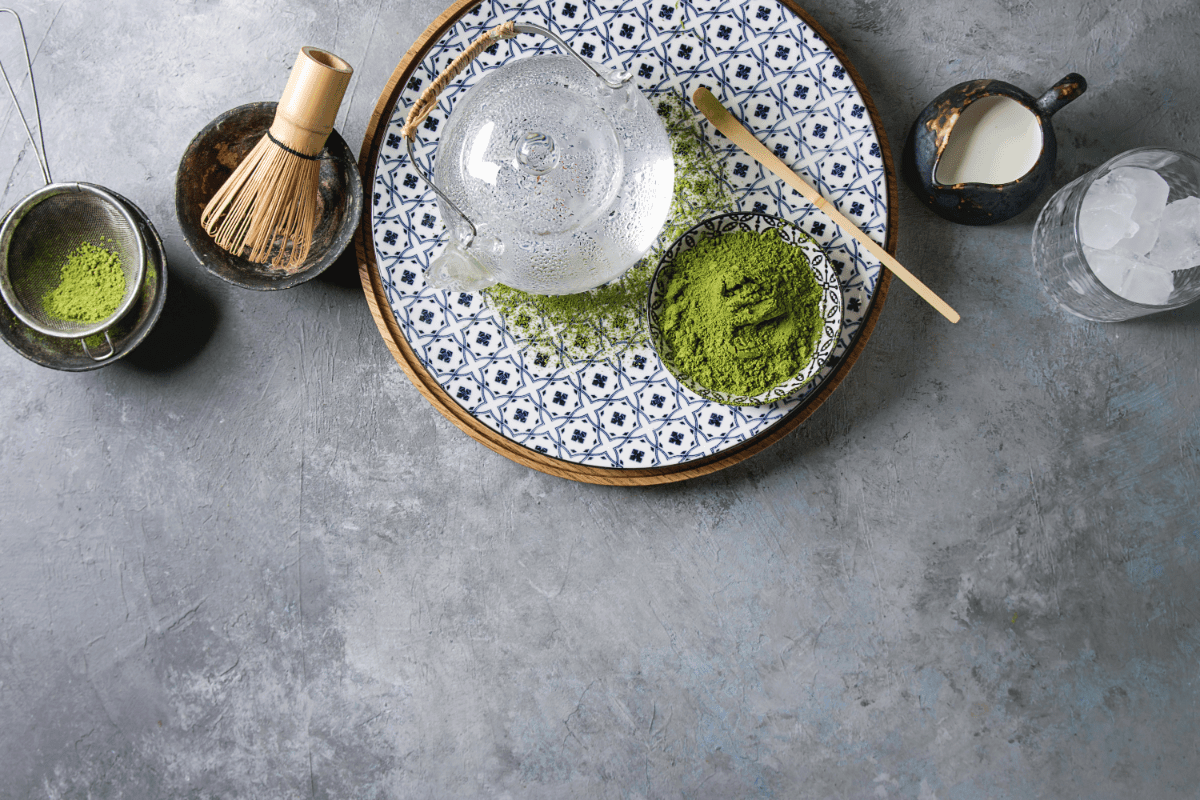Last Updated on October 18, 2024
Have you tried matcha tea and felt disgusted with its bitter taste? If so, you’re not alone. While it certainly has several health benefits, most people just can’t seem to enjoy its benefits due to its bitter taste. In this article, I’ll share with you some tips on how to make matcha tea taste good without having to compromise its benefits.
Table of Contents
How to make your matcha taste good?
As mentioned earlier, it’s actually possible to make your matcha tea taste good without compromising its health benefits. Here are some tips to help you achieve that:
-
Ensure you buy only Premium Matcha
The key here is to actually buy premium-grade matcha, not the culinary types which you see on the market. Unfortunately, most matcha teas you see on the market are culinary-grade, and due to the lack of packaging regulations, manufacturers can just place a ceremony-grade label on their products.
One good way to find quality matcha is to look for premium-grade products from Japan. Also, you can actually distinguish between good and bad matcha as pointed out in this short video guide.
-
Observe proper steeping time
Due to matcha’s delicate structure, you have to observe proper steeping time, preferably around 2-3 minutes. Steeping for less time will prevent it from releasing its full flavor while going beyond will cause it to taste bitter. There was a study published by the Journal of Food Science regarding the effect of temperature and steeping time in the quality and antioxidant properties of green tea, including matcha. Their solution? Cold steeping.
-
Use the right water
One of the factors that can affect a matcha tea’s taste is water. Since water plays a very huge factor in a matcha tea’s flavor, make sure you only use spring or filtered water when brewing as they don’t have any pollutants that can affect the tea’s taste.

Also, avoid using tap water as it contains chemicals and other minerals which can cause the tea to taste sour. The same goes for distilled water.
-
Add lemon juice
Adding a little bit of lemon juice into your tea can subtly bring out its flavor. Its citrusy flavor will help increase the aroma of the tea while neutralizing some of the tea’s bitterness. You can also try adding fruits like green apples and oranges to add a bit of sweetness.
-
Don’t use boiling water
Temperature is another crucial factor that can affect the taste of your matcha tea. That said, if the temperature is too hot, it can cause the tea to taste bitter. On the other hand, if it’s too cold, you won’t be able to release its full flavor.
Ideally, you want to use water with a temperature ranging from 150 to 180 F. This can be achieved by boiling water then allowing it to cool for around 2 minutes before brewing.

Conclusion
Matcha is supposed to taste great, so if yours tastes bad, then these tips I mentioned will surely help. I hope I was able to answer your questions, but if you have more, don’t hesitate to leave a comment below.
Related Topics:
How much caffeine does matcha green tea powder have?
How Much Caffeine Does Lipton Matcha Green Tea Contain?
The Potential Health Benefits of Moringa, it is a superfood?
7 Amazing Benefits of Moringa Tea and How to Prepare Moringa Leaves for Drinking
Argan Oil vs. Jojoba Oil: Which Oil is Best for Growing Hair?

Barbara is an environmental activist and sustainability advocate who loves living green and sustainable. She firmly believes in reducing her carbon footprint and has been making great strides towards achieving this goal. Barbara is a vegan and avid recycler and has been actively involved in community gardens and other green initiatives. She is passionate about spreading awareness about the importance of living in a sustainable and eco-friendly manner. Barbara is always looking for ways to make a difference in her community and beyond. She is a huge advocate for preserving nature and the planet for future generations.

